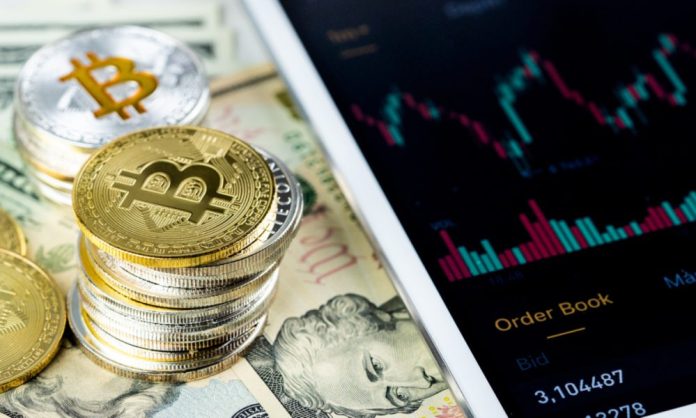The EU cryptocurrency ecosystem has welcomed two new cryptocurrency exchanges this month.
Following the industry’s renewed focus on risk management after FTX’s spectacular collapse in November, VoltCoins and Finst announced their launch earlier this week, affirming their commitment to safety and responsibility.
In a press release, Lithuania-based VoltCoins specifically referred to the FTX crash, which it said “incentivized VoltCoins to come up with a state-of-the-art mechanism for crypto exchange, which can withstand today’s complex environment.”
With the improbability that FTX users will ever see full recovery of the assets they held on the platform, it is no wonder that new exchanges are touting themselves as safe and trustworthy gatekeepers.
In an attempt to attract new customers, VoltCoins operates on the promise that they will retain full control over their holdings, as the exchange does not operate its own hot wallets and requires users to enter their own crypto address before purchasing tokens.
While this limits the platform’s functionality for buying cryptocurrency with fiat and could lessen its appeal to traders wanting to participate in cryptocurrency exchanges, investors wanting to hold their assets in a wallet of their choice are likely to find the approach more convenient. basic of the company attractive.
Like VoltCoins, Amsterdam-based startup Finst targets potential clients as a trusted exchange that promises to keep user assets completely separate from the company itself, offering “maximum protection no matter what happens to us.” “, as it states on its website.
Unlike the model popularized by FTX and many of its global peers, Finst does not trade, lend, or process cryptocurrency user exchange, aside from facilitating actual trades.
Importantly, the same separation policy also extends to fiat currency, with Finst entrusting Dutch neobank bunq to safeguard client funds while delegating responsibility for crypto custody to Fire Blocks.
Furthermore, the new exchange has also spoken about its regulatory status, emphasizing that it is licensed and supervised by the Dutch Central Bank (DNB) as a crypto service provider.
The EU prepares for the granting of compulsory cryptographic licenses
The recent releases come as EU authorities are stepping up their efforts to regulate crypto platforms and crack down on rogue exchanges operating without a license.
Central to these efforts is the upcoming EU Markets in Crypto Assets (MiCA) regulation, which will harmonize rules governing the cryptocurrency sector across the bloc and require platforms to obtain a license from a financial supervisory authority. of the EU.
However, a vote on the adoption of the MiCA legislation that was initially scheduled for December has been postponed until later this year.
Ahead of an EU-wide regulatory mandate, France’s market regulator said this month that it wants to speed up the granting of compulsory licenses to cryptocurrency service providers.
Quoting Marie-Anne Barbat-Layani, director of the Autorite des Marches Financiers (AMF), the authority tweeted on Monday (January 9) that “the AMF, like Parliament, calls for the transition to compulsory licensing for unregistered providers to be accelerated.”
Barbat-Layani’s comments echo similar ones made by French Central Bank Deputy Governor Denis Beau, who recently wrote that accelerated implementation of mandatory licensing requirements for cryptocurrency exchanges would be desirable.
For all PYMNTS EMEA coverage, subscribe to the newspaper EMEA newsletter.
PYMNTS Facts: Why Consumers Are Testing Digital Wallets
A PYMNTS study, “New Payment Options: Why Consumers Are Trying Digital Wallets” finds that 52% of US consumers tried a new payment method in 2022, with many choosing to try digital wallets for the first time.







